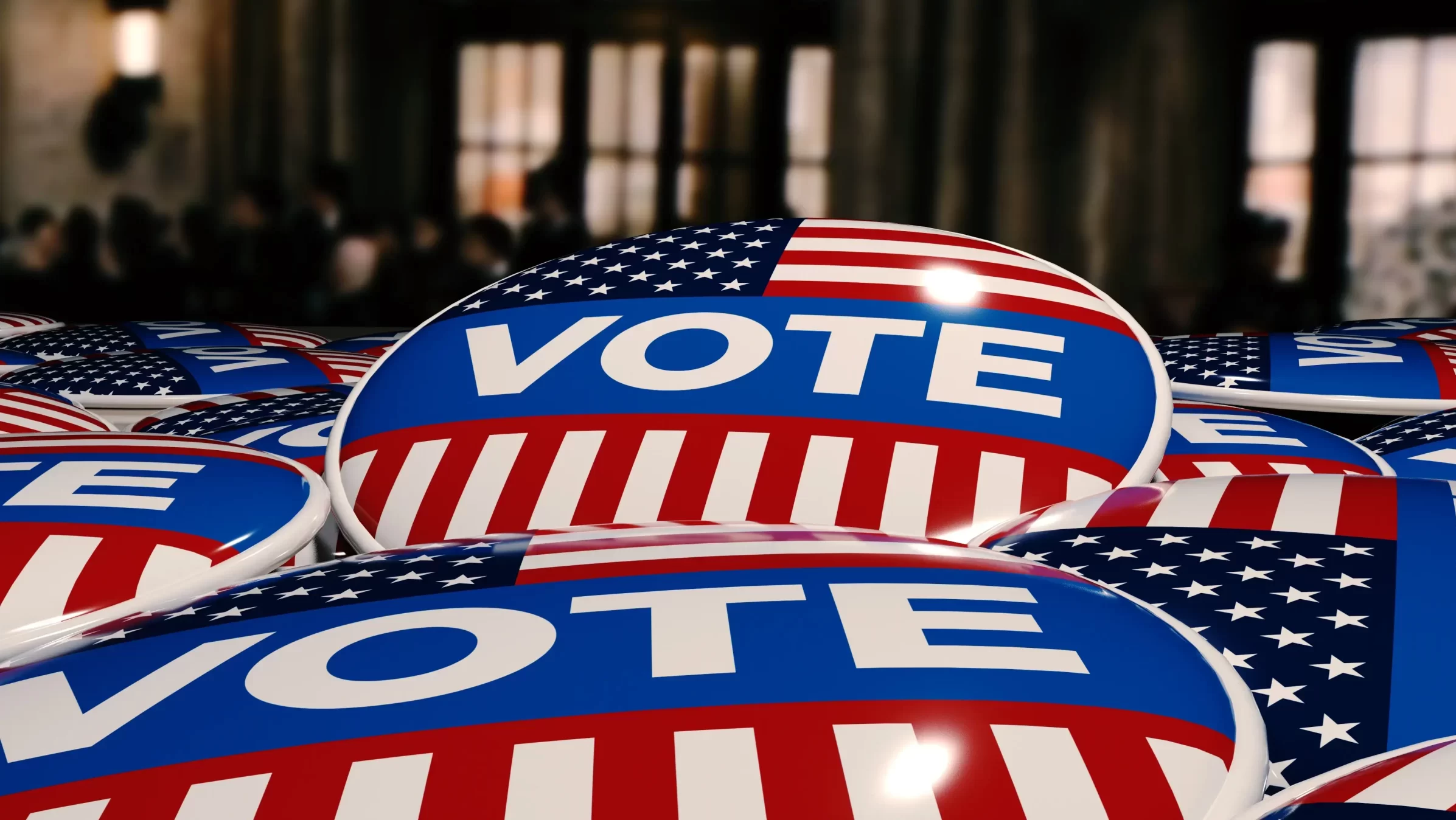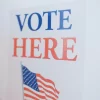|
Getting your Trinity Audio player ready...
|
There is a sinister pattern in Alabama’s history, one that extends from the Reconstruction era to today, driven by the relentless pursuit of power through voter suppression. The state, much like other Republican strongholds, hides behind the banner of “voter integrity,” while its true aim is to limit who can exercise the right to vote. The recent passage of SB 1 is but the latest chapter in this long and disgraceful tradition.
For those who may not know, Alabama Republicans recently passed SB 1, which sought to criminalize those assisting voters with disabilities, blindness, or low literacy in casting absentee ballots. As is the case with many modern voter suppression efforts, it was framed as a necessary step to “secure” elections. However, beneath this veil of security lies a calculated attempt to disenfranchise vulnerable groups. If you are disabled, blind, or struggle to read, SB 1’s message was clear: vote at your own peril, and heaven help you if you ask for assistance.
Thankfully, in a victory for voting rights advocates, a federal court stepped in and issued a preliminary injunction barring the enforcement of SB 1. The court ruled that this legislation likely violated Section 208 of the Voting Rights Act, which guarantees voters who need assistance the right to choose someone to help them. Yet, while this ruling brings some relief, we must recognize that this is merely a temporary respite in a larger war.
Alabama’s history of voter suppression is as old as the hills. The 1901 Constitution, a grotesque relic of Jim Crow, was explicitly designed to disenfranchise Black citizens and poor whites. John B. Knox, president of the Constitutional Convention of 1901, made no attempt to hide the intent, famously stating, “the justification for whatever manipulation of the ballot box that has occurred in this state…has been the menace of negro domination.” His words are etched in history as a chilling reminder of Alabama’s ruthless commitment to keep power concentrated in the hands of a white elite.
Fast forward to 1965, when it took the blood and sacrifice of civil rights activists to break Alabama’s stranglehold on the Black vote. The Voting Rights Act, championed in response to the violent events of “Bloody Sunday” on the Edmund Pettus Bridge, should have marked the end of Alabama’s era of disenfranchisement. But today, nearly six decades later, the tactics have merely evolved.
Rather than poll taxes and literacy tests, we now face strict voter ID laws, aggressive gerrymandering, and bills like SB 1 that disproportionately impact marginalized voters. Modern voter suppression is cunning—disguised as reasonable regulation to ensure “fairness.” Yet, these laws are crafted with surgical precision to target voters who lean Democrat—people of color, the poor, the elderly, and those with disabilities. When more people vote, as history has shown, Republicans struggle to maintain control. Instead of offering policies that appeal to broader demographics, they opt to win elections by shrinking the electorate.
The dangerous logic behind Alabama’s continued assault on voting rights is rooted in fear: fear of losing power, fear of a changing electorate, fear that democracy might actually work for the people rather than the privileged few. This is not about integrity; it’s about survival for a political ideology that cannot win on its merits.
Though the federal court’s decision to block SB 1 offers a temporary reprieve, the fight for voting rights in Alabama is far from over. We, as citizens, must stay alert. Every effort to erode the right to vote is an attack on our democracy and serves as a stark reminder of the long shadow cast by Alabama’s troubled past.
Alabama, as it always has, stands at a turning point. Will it continue to walk the dark path of exclusion and suppression, or will it finally live up to the inclusive principles it so often claims to champion? For those who believe in the future of democracy, the answer is clear.
Let Alabama’s leaders know: the right to vote belongs to all its citizens—not just those who look, think, or vote a certain way.





















































